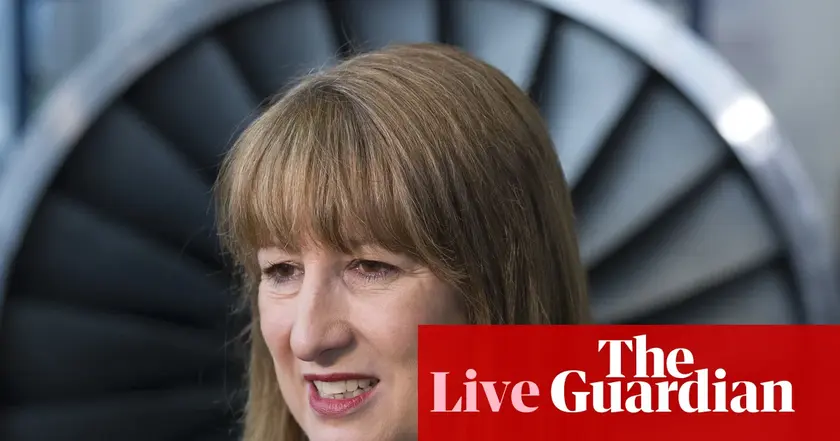T4K3.news
UK rejects graduated licences for young drivers
The new road safety plan omits graduated licences for new drivers, drawing mixed reactions as an autumn strategy approaches.
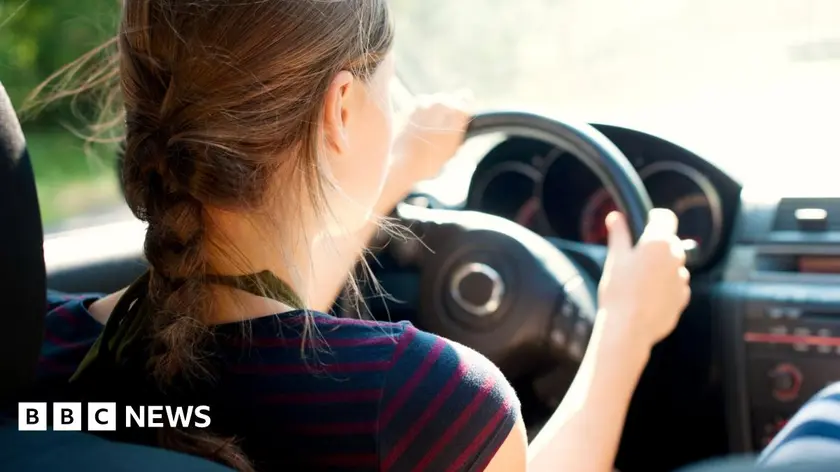
The government omits graduated licences in a new road safety strategy drawing safety groups into a broader debate over how to protect new drivers.
UK Rejects Graduated Licences for Young Drivers
The government unveiled a broad road safety strategy that will be published in the autumn. The package includes measures to check eye sight for older drivers over 70, align England and Wales drink drive limits with Scotland, and assign penalties for not wearing a seat belt. It comes after a coroner called the licensing system the laxest in Europe and urged tougher action. Graduated licences for new drivers are not part of the plan.
Crucially the plan does not include graduated licences for new drivers. Davies-Jones said the idea could potentially overly target younger drivers and unfairly discriminate against them, especially those who are working parents or carers. Campaigners have pressed for restrictions such as a learning period, restrictions on passenger numbers for new drivers, or late night curfews. The RAC has urged the government to spell out which measures will have the biggest effect. A Department for Transport spokesperson said the government will tackle youth road dangers through the THINK campaign and that the strategy will be the first in over a decade.
Key Takeaways
"We are not considering graduated driving licences but we recognise that youth road dangers demand action"
DfT response to absence of graduated licences
"We feel it could potentially overly target younger drivers and unfairly discriminate against them"
AA reaction to missing graduated licences
"We are keen to find out what measures the government believes will make the biggest difference"
RAC policy head comment
"Young people are disproportionately victims of tragic incidents on our roads"
DfT THINK campaign framing
The decision to skip graduated licences reflects a political and social balancing act. It signals a preference for broad safety upgrades over targeted licensing rules that could be seen as punishing youth. The policy sounds firm about danger while avoiding a backlash from those who worry about fairness and mobility for young people.
In the longer run, the autumn strategy will test whether incremental changes win broad public support or whether stronger action is demanded. If data show high crash rates among new drivers, lawmakers may revisit licencing rules or add specific restrictions to slow the first year of risk. The key lesson for policymakers is that safety needs to be paired with fairness if it will endure.
Highlights
- We are not considering graduated driving licences
- We feel it could potentially overly target younger drivers and unfairly discriminate against them
- We are keen to find out what measures the government believes will make the biggest difference
- Young people are disproportionately victims of tragic incidents on our roads
Policy faces political risk over youth licensing
The decision to exclude graduated licences could trigger political backlash and criticism from safety advocates and some voters who want stronger action on youth road risks.
The autumn road safety strategy will test whether safety gains come from incremental changes or bold steps.
Enjoyed this? Let your friends know!
Related News
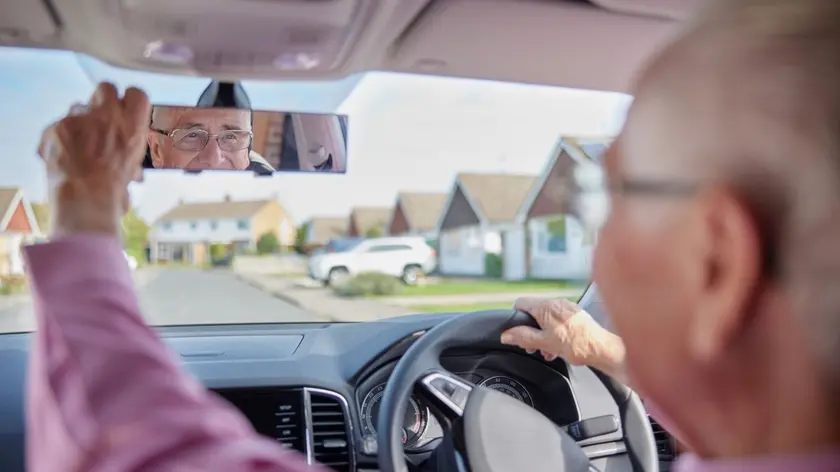
Eye test rule for drivers aged 70 plus announced
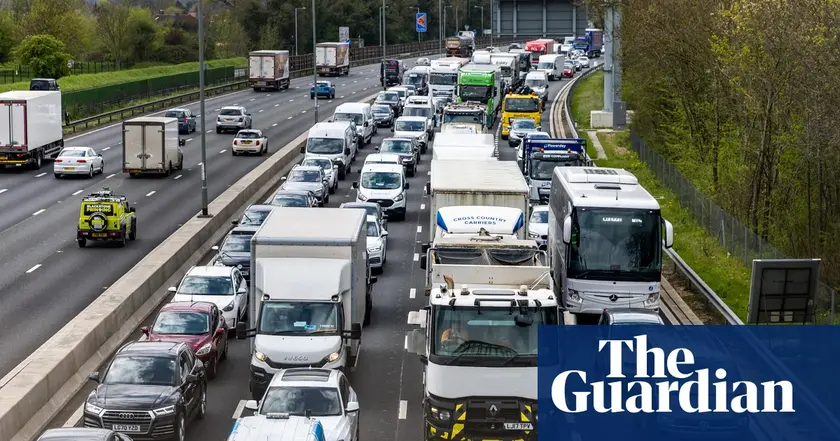
Eye tests for over 70s move to policy debate
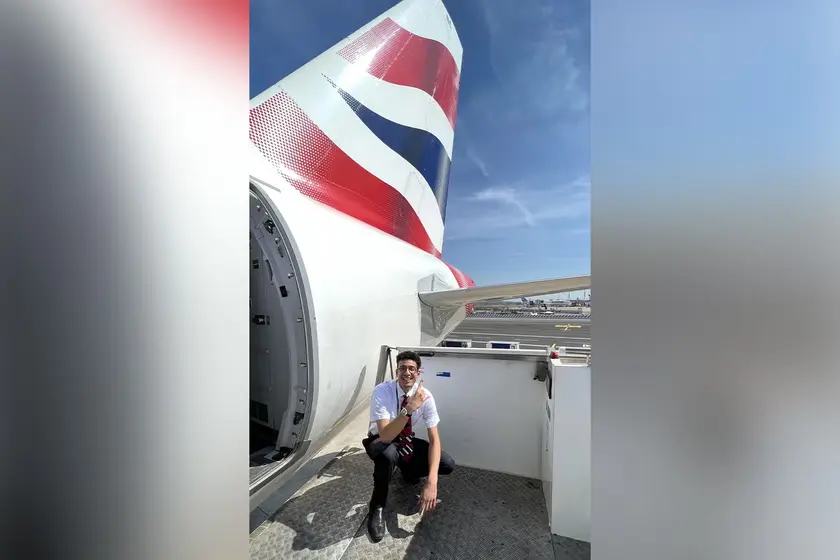
Home Office orders cabin crew member to leave UK

Learner drivers face soaring costs for driving tests
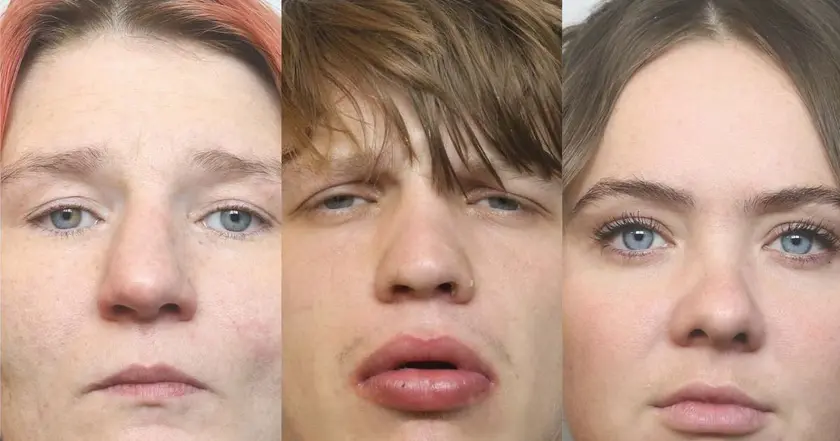
Merseyside jails 66 criminals in July
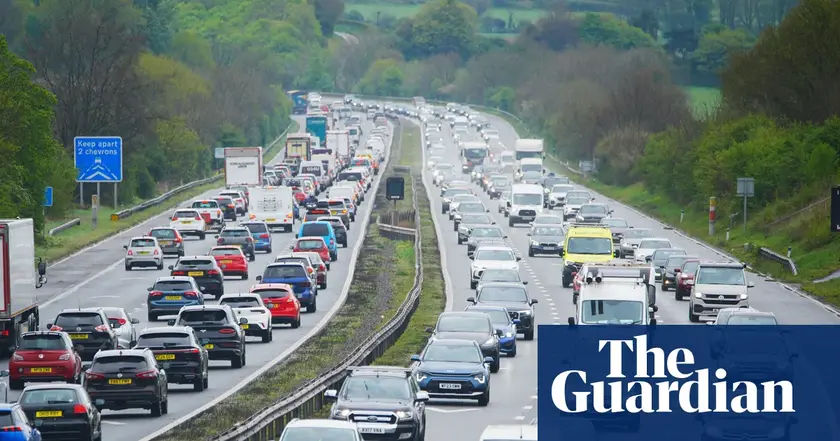
UK ministers push ahead on road safety overhaul
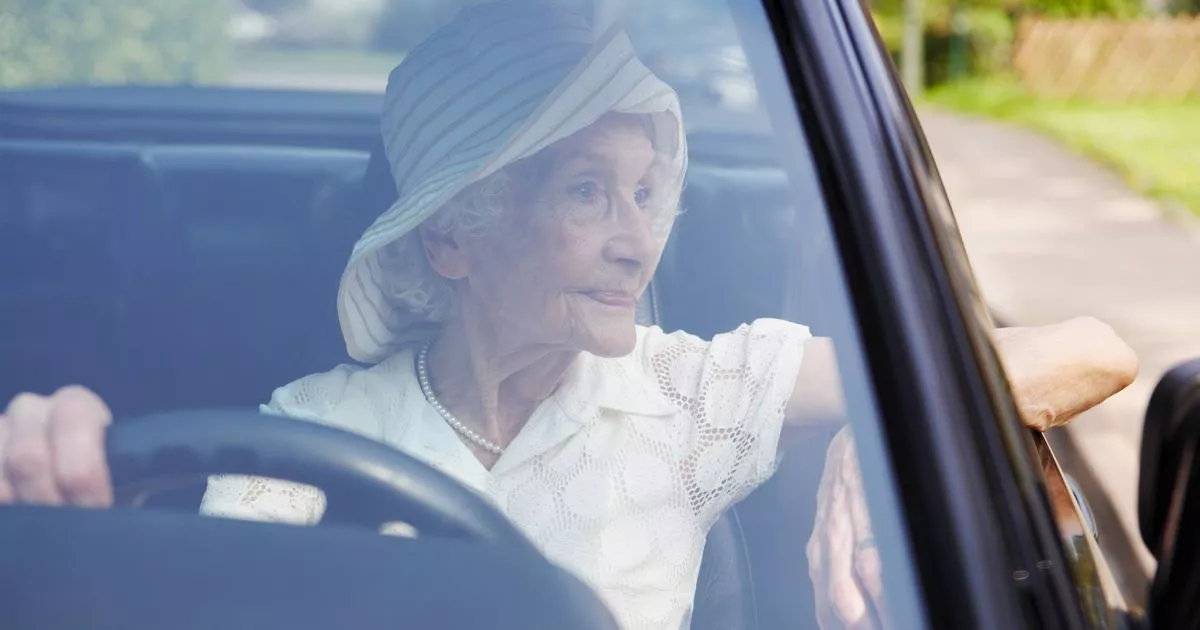
Drivers over 70 may face new testing requirements
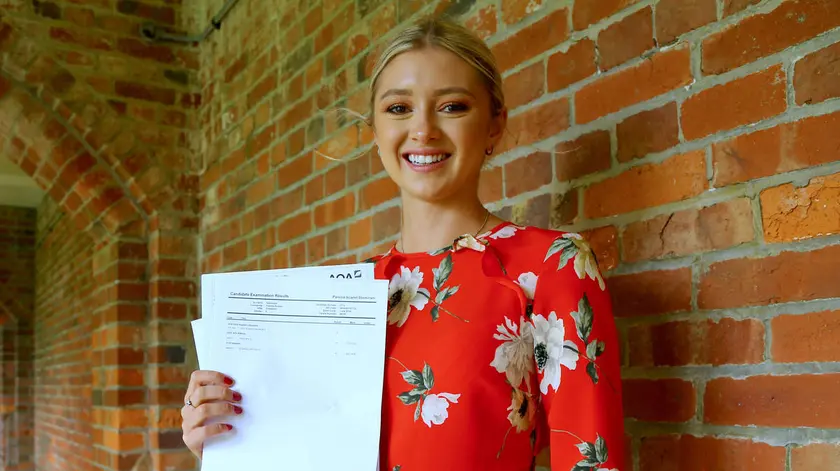
Cambridge graduate died after refusing cancer treatment
